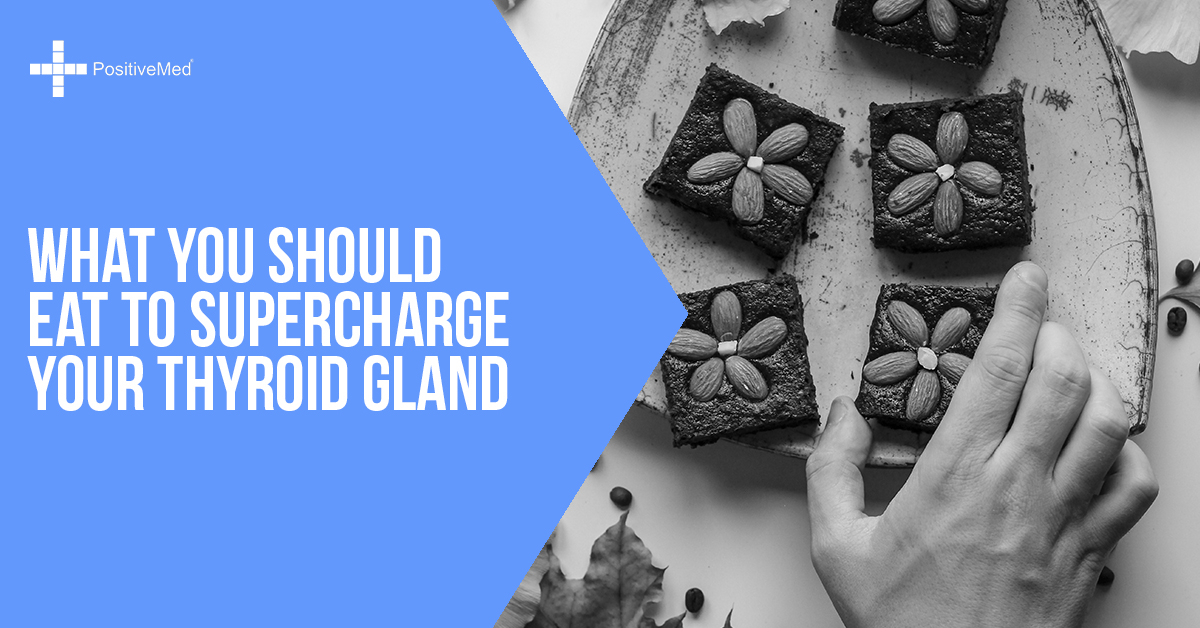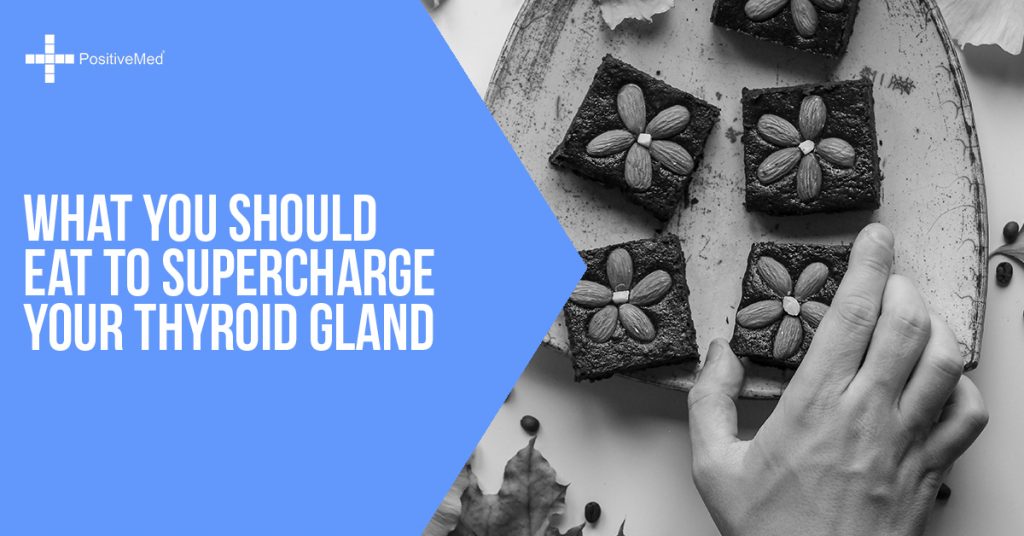Today, issues related to the thyroid are a growing concern. You could be wondering what the thyroid is, even though you know it works as your body’s thermostat and also controls metabolism. The thyroid gland lies in front of your throat, above your breastbone and under Adam’s apple.

The thyroid regulates the rate at which your body uses both food and oxygen as well as the functional rates of several organs. Some of the signs and symptoms that indicate when your thyroid function is low are:
• Chronic constipation
• Inability to lose weight
• Sluggishness or lack of initiative
• Edema
• Abnormal menstrual cycles
• Depression
• High cholesterol
• Poor digestion
• Dry skin
• Cold hands and feet
• Easy sleepiness and fatigue
• Hormonal imbalance
• Seasonal affectiveness disorder (SAD)
• Poor circulation
• Loss of hair
• Having a waking body temperature that is under 97.8 degrees

If you have some of the signs and symptoms mentioned above, it could be time to start thyroid proofing your diet.
Causes of Low Thyroid Hormones
- Autoimmune Disease. This is a condition in which your antibodies are attacking your own bodily tissues, including your thyroid glands. Because of this, your thyroid glands ability to produce enough hormones are affected.
- Thyroid Surgery. Removal of all or a portion of your thyroid gland leads to poor production of hormones. This is why people who have undergone thyroid surgery are taking thyroid hormones permanently.
- Radiation Treatment. Radiation therapy for the treatment of cancer may affect and even injure your thyroid gland. This procedure usually leads to hypothyroidism.
Apparently, anything that may hurt your thyroid gland may cause your thyroid hormones to decrease in amount. Therefore, taking thyroid hormones is necessary.
RELATED ARTICLE: How She Healed Her Hashimoto’s Disease Without Hormones
You can, however, help your thyroid by effectively strengthening your liver. Listed below is the right nutrition plan to strengthen your liver and reduce thyroid problems:
Add a lot of whole animal proteins to your diet
An amino acid balance is achieved whenever you ingest whole animal proteins, balance your entire body needs, particularly the liver. Your body will trend toward inflammation if you only consume specific proteins from animals, such as the exclusive ingestion of muscle meats.
Include more nutrient-rich sugar sources to your diet
Nutritious sources of sugar are commonly known as carbohydrates. As such, the word sugar should not be scary to you, nor should you blacklist it from your diet. The correct types of sugar could boost your metabolism. Sugar from fresh and unadulterated fruit juices, maple syrup, ripe fruits, honey, and a bit of white sugar are the most suitable types.
Include more pro-thyroid saturated fats in your diet
Healthy saturated fats such as butter and coconut oil enhance thyroid function, which significantly benefits your body. Healthy saturated fats are a source of energy and help in the construction of the tissues that line and protect internal organs. They are also necessary when it comes to absorbing fat-soluble vitamins A, D, E, and K, all of which most people are surprisingly deficient. You should, however, eliminate unsaturated fats (PUFA) from your diet since they typically suppress thyroid function.
Include meals supporting blood sugar balance in your diet
Poor handling of your blood sugar causes the release of stress hormones by your adrenal glands. It also alerts your liver to start breaking down fats and proteins in order to provide energy. The entire process releases amino acids, which are generally anti-metabolic to your thyroid. Cysteine, which suppresses thyroid function, is also released in massive amounts by muscle catabolism.
RELATED ARTICLE: Signs of Thyroid Dysfunction Women Often Confuse With Simple Tiredness
Remove indigestible foods from your diet
Indigestible foods such as soy products often lead to the production of insufficient amounts of stomach acid by the stomach. Stomach acid is responsible for stimulating proper digestion by sterilizing your stomach, killing unwanted microorganisms, and breaking down proteins. All of which makes it the first line of defense when it comes to your digestive cascade. You should, therefore, remove such foods from your diet and instead focus on the foods that are easy to digest.
Adopt a different plan
Get a nutrition plan that provides you with adequate nutrients and calories to adequately support the energy production and cellular metabolism rates of your body. You should also reduce your levels of stress and ensure you get enough sleep.
Is There Any Food or Diet that Should Be Avoided?
According to the University of Maryland Medical Center, “Avoid foods that interfere with thyroid function, including broccoli, cabbage, Brussel sprouts, cauliflower, kale, spinach, turnips, soybeans, peanuts, linseed, pine nuts, millet, cassava, and mustard greens.” They added that tobacco, alcohol, and caffeine can impact several conditions that may affect the health of your thyroid gland. Moreover, excess iron intake may reduce thyroid hormone absorption.
Another thing to avoid is iodine supplement or any supplement that contains high amounts of iodine unless the cause of hypothyroidism is iodine deficiency. It is because too much of it may cause hypothyroidism as well.
Why the right nutrition plan is better than taking thyroid hormones
You can induce hypothyroidism by not meeting the energy requirements of your body, especially if you take thyroid hormone without a sound nutrition plan. You may feel tired and fatigued like you always have no energy. You could feel better, enough to resume your normal activities after taking thyroid hormones. But you could end up feeling even worse because you did not alter your lifestyle habits and diet.
Excluding a nutrient dense diet aimed at backing up that energy production is usually the cause for such issues. Taking thyroid medication to increase your energy without addressing the root cause of the problem, usually a nutrient and cellular energy deficient is only a temporal solution.
Side Effects of Taking Thyroid Hormones
According to Cancer.org, “High levels of thyroid hormone can lead to problems with a rapid or irregular heartbeat. Over the long run, high doses of thyroid hormone can lead to weak bones (osteoporosis). This shows that taking thyroid hormones is not the only solution.
Summary
Thyroid medication might dig you deeper into a nutritional deficit, especially when taken without having the necessary nutritional stores for backup. This is not to say all thyroid replacement is bad, especially if you need it after having your thyroid removed. However, it is important to remember there is always a nutritional aspect to be addressed whenever your body energy is low.






